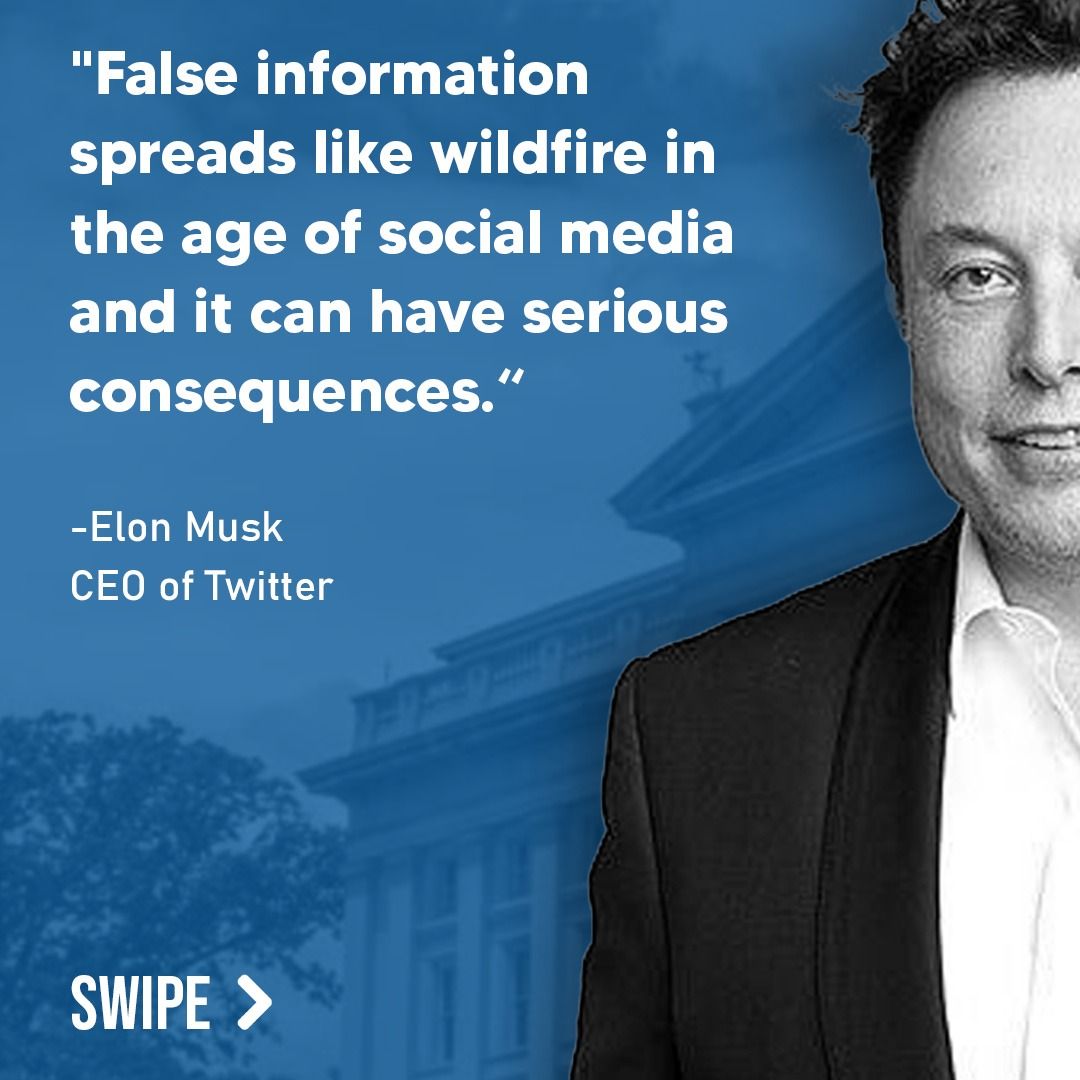
Introduction
A new article published by The Guardian on April 2, 2025, drew attention with its claim that the shingles vaccine Zostavax significantly reduces dementia risk. The article quotes Stanford and Harvard researchers and presents the study as “the strongest evidence yet” of a causal relationship. DBUNK readers have raised a thoughtful and important question: could the observed effect simply be because healthier individuals are more likely to get vaccinated, rather than the vaccine itself reducing dementia risk? Let’s break it down.
Historical Context
Dementia, a progressive decline in cognitive function, now affects more than 55 million people worldwide. While some medications have been approved to slow progression, prevention remains elusive. In 2006, the shingles vaccine Zostavax was introduced and later rolled out in the UK and Wales in 2013. Shingrix, a stronger alternative, replaced Zostavax in recent years. Over the past decade, epidemiologists have noticed intriguing links between shingles vaccination and reduced dementia risk, but questions around causality and confounding factors have lingered.

Evaluating the Claims
Claim #1: The shingles vaccine causes a 20% reduction in dementia risk
The article cites a “natural experiment” in Wales after the 2013 rollout of Zostavax to people born on or after 2 September 1933. This created sharp age cutoffs that allowed researchers to compare dementia rates among near-identical groups — differing primarily by eligibility for the vaccine. Because birth dates are random with respect to health, this design helps control for other confounding health factors, such as lifestyle or socioeconomic status. According to the peer-reviewed study published in Nature (April 2025), this age-based eligibility resulted in a statistically significant 20% reduction in dementia diagnoses over seven years.
Verdict: The study’s natural experiment structure supports a reasonable case for causality — not merely correlation. While randomised controlled trials are the gold standard, this quasi-experimental design closely approximates one.
Supporting Source: Nature Journal (Study Link), Stanford University, Harvard Medical School
Claim #2: The vaccine’s protective effects are stronger in women
The article emphasizes that female participants benefited more from the vaccine, citing both the Wales study and earlier Shingrix research from Oxford. This detail appears consistently in scientific literature. According to Geldsetzer and Taquet, biological sex differences in immune response may explain the observed benefit. Women typically mount more robust immune responses to vaccines, and the noted inflammation reduction associated with reduced dementia risk may be more pronounced in women.
Verdict: Accurate, consistent with published studies and immunology literature.
Supporting Source: Nature (2025), Journal of Immunology, Alzheimer’s Research UK

Claim #3: This is the “strongest evidence yet” of a direct link between shingles vaccines and dementia reduction
The article repeatedly frames the new study as the “strongest evidence yet” without acknowledging certain nuances. While it’s true that the study design helps reduce confounding factors using a natural experiment framework, it is not a conclusive clinical trial. The article does briefly mention that a randomized controlled trial is still needed — and such trials are currently in fundraising stages.
This phrasing may mislead readers into assuming scientific certainty. While the evidence is stronger than prior observational studies, it does not cross the bar of final proof. Importantly, The Guardian includes quotes from experts who call for further trials, but these are framed as secondary points.
Verdict: Mostly accurate but contains subtle overstatement. The phrase “strongest evidence yet” is subjective and lacks clarity about remaining uncertainties.
Supporting Source: Alzheimer’s Research UK, Stanford University, Nature (2025)
Claim #4: Confounding by health behavior is ruled out by the study design
This is the central question raised by our user: could healthier individuals have simply been more proactive in getting the vaccine, leading to improved outcomes unrelated to the vaccine itself? The authors directly defend against this idea, using the age cutoff to create two groups indistinguishable in health status but differing in access to the vaccine.
This kind of “natural experiment” is designed specifically to address confounding issues. People born just days apart are not systematically different in their likelihood of developing dementia — except for vaccine eligibility. Therefore, the study design successfully mitigates health behavior bias.
Verdict: Accurate. The study uses a validated epidemiological method to control for this concern.
Supporting Source: Nature (2025), Lecture on Natural Experiments by London School of Hygiene and Tropical Medicine

Conclusion
The Guardian article is largely accurate and highlights newly published evidence suggesting a link between shingles vaccination and reduced dementia incidence. It relies on a credible, peer-reviewed study with well-designed methods to control for potential biases. While the claim that this is the “strongest evidence yet” slightly overstates certainty, it is directionally correct — this is arguably the most persuasive research on the topic to date. The piece briefly acknowledges the need for randomized trials, though it does not emphasize this up front. Overall, DBUNK concludes the article is mostly accurate with minor contextual limitations.
Get Involved
Want clarity like this for every headline you read? Download the DBUNK app today or follow us on Instagram, TikTok, or X for fact checks that cut through the noise. Have a claim you’d like us to verify next? Submit it for free inside the app.

Read the Original Article

